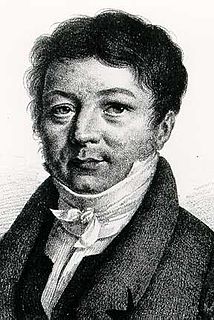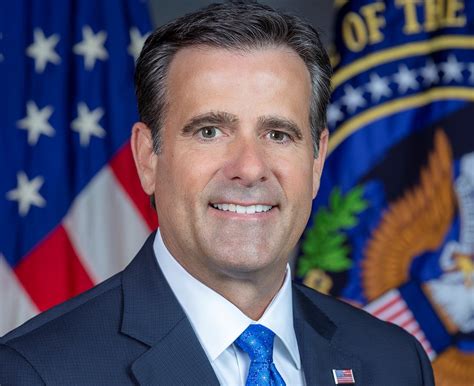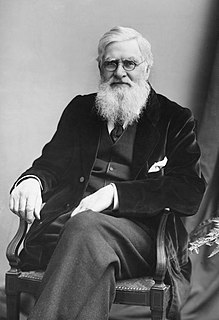A Quote by Michael Faraday
Chemistry is necessarily an experimental science: its conclusions are drawn from data, and its principles supported by evidence from facts.
Related Quotes
Science seeks the truth. And it does not discriminate. For better or worse it finds things out. Science is humble. It knows what it knows and it knows what it doesn’t know. It bases its conclusions and beliefs on hard evidence -- evidence that is constantly updated and upgraded. It doesn’t get offended when new facts come along. It embraces the body of knowledge. It doesn’t hold on to medieval practices because they are tradition.
Religion is based upon blind faith supported by no evidence. Science is based upon confidence that results from evidence - and that confidence can be modified and/or reversed by further observations and experimentation. Science approaches truth, closer and closer, by hard dedicated work. Religion already has it all decided, and it's in the book. It's dogma, unchangeable, and unaffected by reality and whatever facts we come upon in the real world.
My study is NOT as a climatologist, but from a completely different perspective in
which I am an expert … For decades, as a professional experimental test engineer, I have analyzed experimental data and watched others massage and present data. I became a cynic; My conclusion - 'if someone is aggressively selling a technical product who's merits are dependent on complex experimental data, he is likely lying'. That is true whether the product is an airplane or a Carbon Credit.
Knowledge signifies things known. Where there are no things known, there is no knowledge. Where there are no things to be known, there can be no knowledge. We have observed that every science, that is, every branch of knowledge, is compounded of certain facts, of which our sensations furnish the evidence. Where no such evidence is supplied, we are without data; we are without first premises; and when, without these, we attempt to build up a science, we do as those who raise edifices without foundations. And what do such builders construct? Castles in the air.
To no circumstance is the wide diffusion of error in the world more owing than to our habit of adopting conclusions from insufficiently established data. An indispensable preliminary, then, in every investigation, is to get at facts. Until these are arrived at, every opinion, theory, or system, however ingeniously framed, must necessarily rest upon an uncertain basis.
To be worthy of the name, an experimenter must be at once theorist and practitioner. While he must completely master the art of establishing experimental facts, which are the materials of science, he must also clearly understand the scientific principles which guide his reasoning through the varied experimental study of natural phenomena. We cannot separate these two things: head and hand. An able hand, without a head to direct it, is a blind tool; the head is powerless without its executive hand.
In less than eight years "The Origin of Species" has produced conviction in the minds of a majority of the most eminent living men of science. New facts, new problems, new difficulties as they arise are accepted, solved, or removed by this theory; and its principles are illustrated by the progress and conclusions of every well established branch of human knowledge.



































